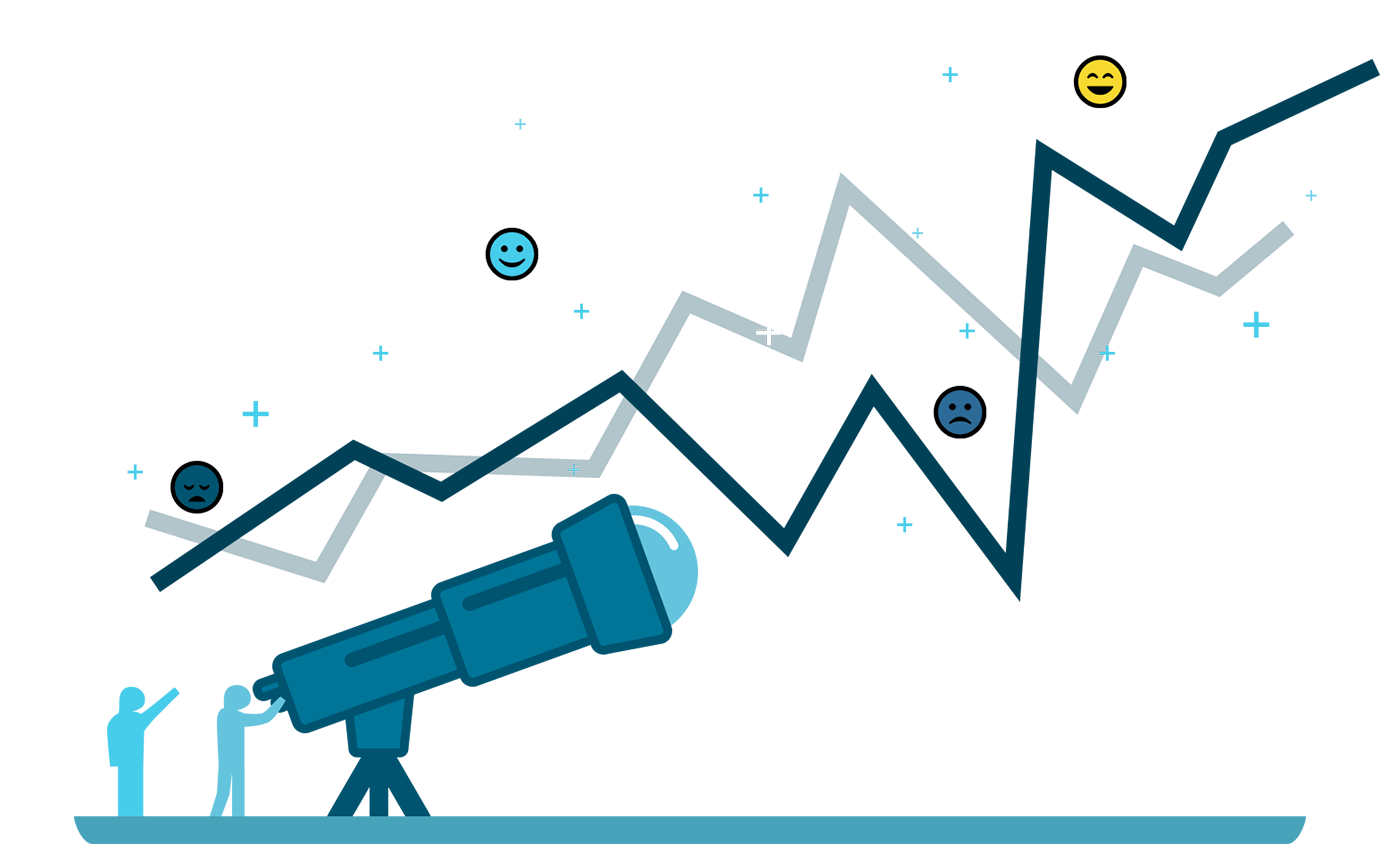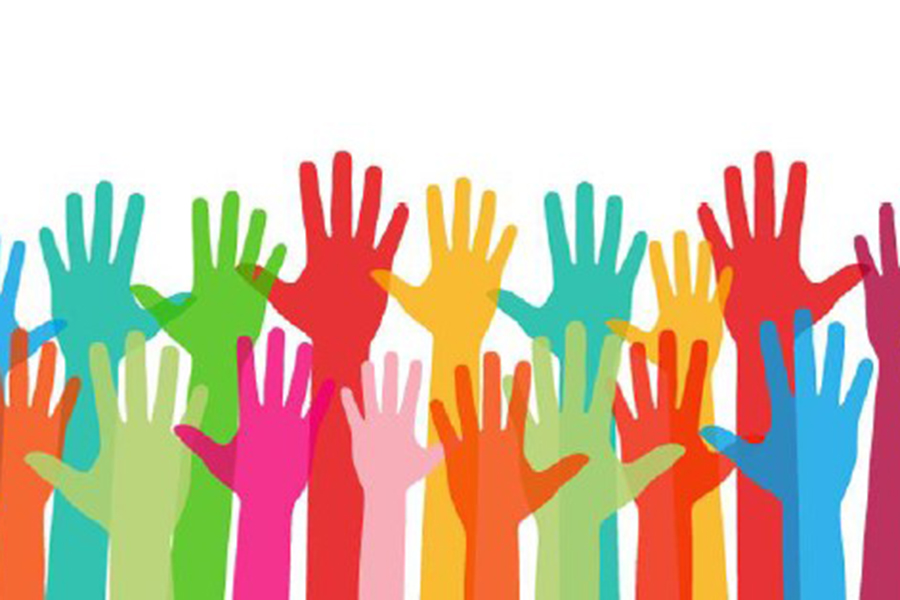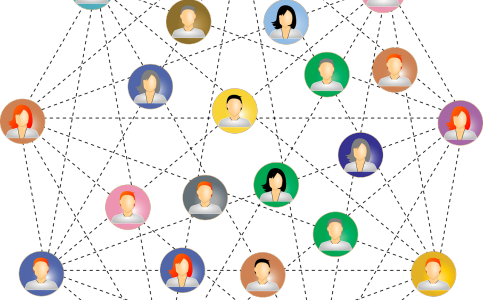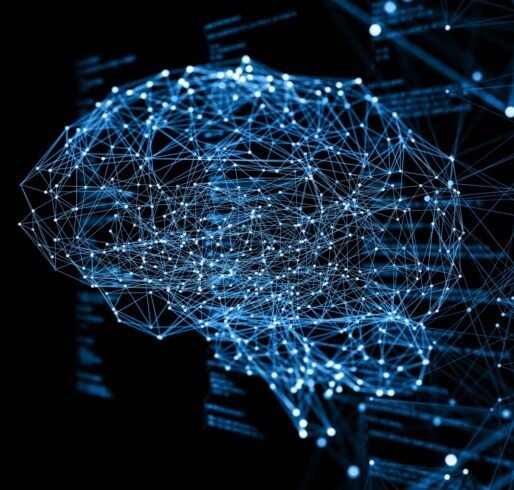Concepts in depth
In Flowback - our current open source digital democracy project - we are combining several traditional digital democracy tools with a range of new and innovative concepts with the potential to radically improve democratic decision-making. You can learn more about some of the approaches here.

1. DELEGATE
Delegation means that anyone can choose to copy what someone else is voting on, which can be called 'delegating your vote' to someone else. The delegator can override the delegate's vote at any time or delegate to someone else instead. Delegation capitalises on the benefits of direct democracy, such as the possibility of direct influence and accountability, but without requiring everyone to invest time, energy or expertise in every single issue. Delegation has been shown in empirical studies to be effective in harnessing expertise and making informed decisions. But unfortunately, delegation has never before been effectively tested on a larger scale because no one has previously built a good digital platform for the purpose...
2. PREDICT THE FUTURE
One threat to democracy is the lack of access to independent information and knowledge about the consequences of choices. If decisions are made on the basis of false premises, the consequences can be disastrous. Another problem is that it is difficult to evaluate what knowledge and skills our elected representatives and delegates actually have. One solution to both of these problems we have implemented in Flowback is to use a prediction market. This makes it possible to aggregate knowledge from a large number of participants, while the predictions of the participants can be evaluated afterwards...


3. VOTE ON VALUE ISSUES
Simple Yes/No votes do not capture nuanced information about participants' preferences. This can lead to sub-optimal decisions for everyone. It can also carry the risk of "tyranny of the majority" over minorities. To avoid this, there are good alternative voting methods that allow participants to express nuanced preferences in a balanced way at the cost of reduced influence on other issues. Such alternative methods have been shown in empirical experiments to encourage participants to be honest, to make balanced prioritisations between different options and to cooperate...
4. Predictive Liquid Democracy
We call a system that combines the ability to make predictions and bet on factual issues with the ability to delegate and vote on value issues "Predictive Liquid Democracy" (PLD). What does PLD actually mean and how have we implemented it in practice?


5. CO-OPERATE WITH AI
Developments in artificial intelligence have created unique opportunities to use artificial agents to streamline and improve decision-making. But can we really trust AI? How do we know what an AI agent's goals are? How can we be sure that AI is working in our best interests? Flowback solves these problems by having both human and artificial delegates and predictors evaluated and assessed continuously by a human majority. Agents who don't act consistently, who aren't transparent, honest or who have goals no one else shares quickly lose all influence. This means you can rest assured that neither AI nor humans can abuse their knowledge or power.
ALL CHANGE STARTS WITH YOU!

The Digital Democracy Association is a non-profit association that is religiously and politically independent. It aims to support and promote effective democratic organisation of people at all levels: from small networks and organisations at grassroots level to large companies, political parties and organisations at national and international level.
Its ultimate goal is a world in which everyone's influence and participation is maximised in a way that is compatible with high flexibility, efficiency and power to act in human co-operation and organisations. The Association's sub-goals are to (i) develop innovative open-source tools for digital democratic organisation (ii) disseminate knowledge and stimulate interest in effective democratic decision-making and organisational practices (iii) support organisations and companies to improve their internal democracy.
(C) 2022 THE ASSOCIATION FOR DIGITAL DEMOCRACY 802538-9241
